In the late 1970s, four teenagers from Dublin came together with borrowed instruments, a restless spirit, and a deep desire to say something that mattered. That band—initially awkward, raw, and uncertain—would become U2, one of the most enduring and transformative forces in modern music. Over the course of four decades, U2 evolved from a scrappy post-punk outfit to global superstars whose music, activism, and influence have shaped not just the sonic landscape but the socio-economic and cultural fabric of Ireland itself.
At the heart of the band is Paul Hewson—better known as Bono—a figure both loved and loathed, admired and derided. His journey, mirrored in U2’s musical evolution, tells a broader story: of how art can become activism, how pop can intersect with politics, and how a band of outsiders became one of Ireland’s most powerful cultural exports.
Dublin beginnings and a hunger for something more
Formed in 1976 at Mount Temple Comprehensive School, U2—then called Feedback—was made up of Bono on vocals, The Edge (David Evans) on guitar, Adam Clayton on bass, and Larry Mullen Jr. on drums. What they lacked in technical ability they compensated for in intensity, urgency, and unity. Ireland in the late 1970s was a country on the cusp of change, still gripped by conservative Catholic values, economic stagnation, and the violence of the Troubles across the border.
U2 emerged as part of a growing post-punk movement, drawing early comparisons to bands like Joy Division and Siouxsie and the Banshees. Their debut album Boy (1980) introduced themes that would recur throughout their work: faith, doubt, idealism, and political rage. The stark minimalism of The Edge’s guitar and Bono’s emotionally exposed vocals set them apart from the more nihilistic strains of punk and gave them a platform for deeper reflection.
By the time War (1983) was released, U2 had become a voice of protest. The song “Sunday Bloody Sunday” turned the 1972 Derry massacre into a rock anthem of conscience, resonating both at home and abroad. They were, for all their ambition, still raw and defiant—young Irish musicians pushing against the constraints of both genre and nation.
From rebellion to reinvention
With 1987’s The Joshua Tree, U2 crossed over into global stardom. The album, deeply influenced by American mythologies and marked by spiritual yearning, turned them into one of the biggest acts in the world. “With or Without You” and “I Still Haven’t Found What I’m Looking For” became universal hymns of love and existential longing. The band had gone west—both literally and metaphorically—channeling the grandeur of the desert and the disillusionment of the Reagan era.
This was also when Bono began shifting more explicitly into activism. The seeds of global consciousness had always been there, but now, with fame secured, he began using his platform to speak out on poverty, apartheid, and human rights. A tour of Ethiopia in the wake of the 1984 famine had left a permanent mark. The Live Aid performance that same year showed what music could do when wedded to purpose.
Yet U2 didn’t rest on their laurels. The 1990s brought a radical reinvention. Disillusioned with their own self-seriousness, the band turned toward irony, pastiche, and experimentalism. Albums like Achtung Baby (1991), Zooropa (1993), and Pop (1997) blended techno, industrial, and alternative rock. The Zoo TV tour mocked consumer culture while dazzling with its innovation. It was a period of deliberate disorientation—a reflection of post-Cold War anxiety, media saturation, and the shifting role of celebrity.
The statesman years: activism, economics, and influence
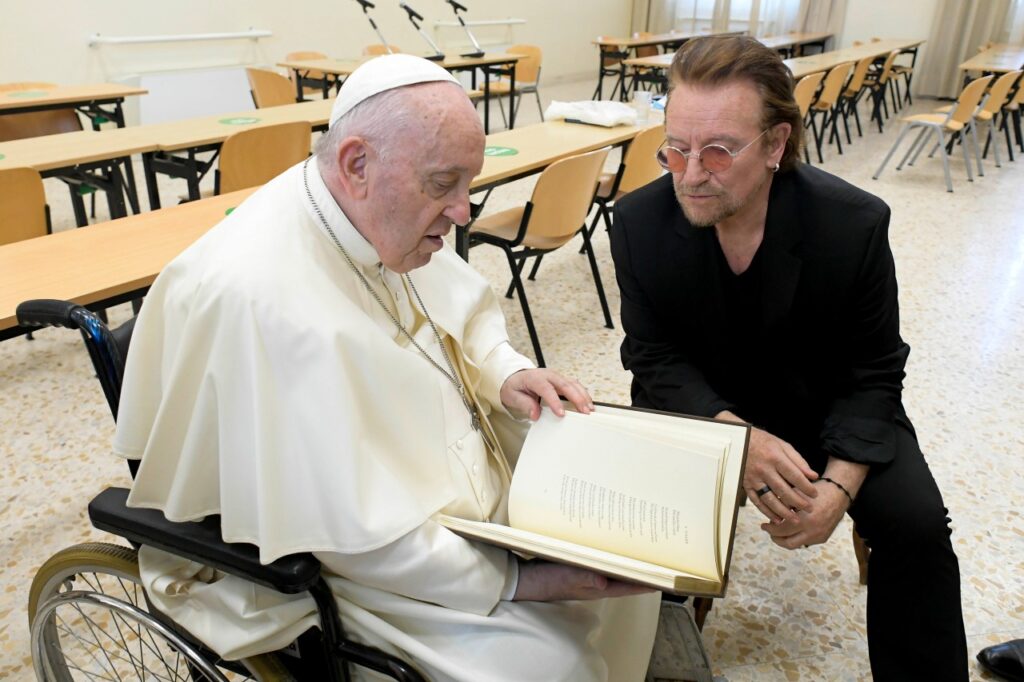
By the early 2000s, U2 had once again pivoted—returning to a more accessible sound with All That You Can’t Leave Behind (2000) and How to Dismantle an Atomic Bomb (2004). These albums cemented their place as stadium-filling legends, but also opened the door to Bono’s transformation into a kind of global statesman.
In the wake of 9/11, U2 became a unifying presence. Their Super Bowl halftime show in 2002, which paid tribute to the victims, was hailed as one of the most moving moments in the event’s history. Bono, meanwhile, had expanded his sphere of influence beyond music. Through initiatives like DATA (Debt, AIDS, Trade, Africa), ONE Campaign, and Product (RED), he lobbied world leaders, partnered with economists, and pushed for debt relief and HIV/AIDS treatment in Africa.
Bono’s critics often dismissed these efforts as performative or naïve. Yet few musicians have ever walked the corridors of the White House, the UN, and the Vatican as frequently—and few have done so with such a determined belief in policy over posturing. Whether negotiating with George W. Bush or Gordon Brown, Bono proved that rock star diplomacy, when sustained, could yield real-world dividends.
And while his global activism was making headlines, U2 continued to tour and record. They used their earnings not just for personal gain, but also to invest in ventures that would come to shape their home country’s economy.
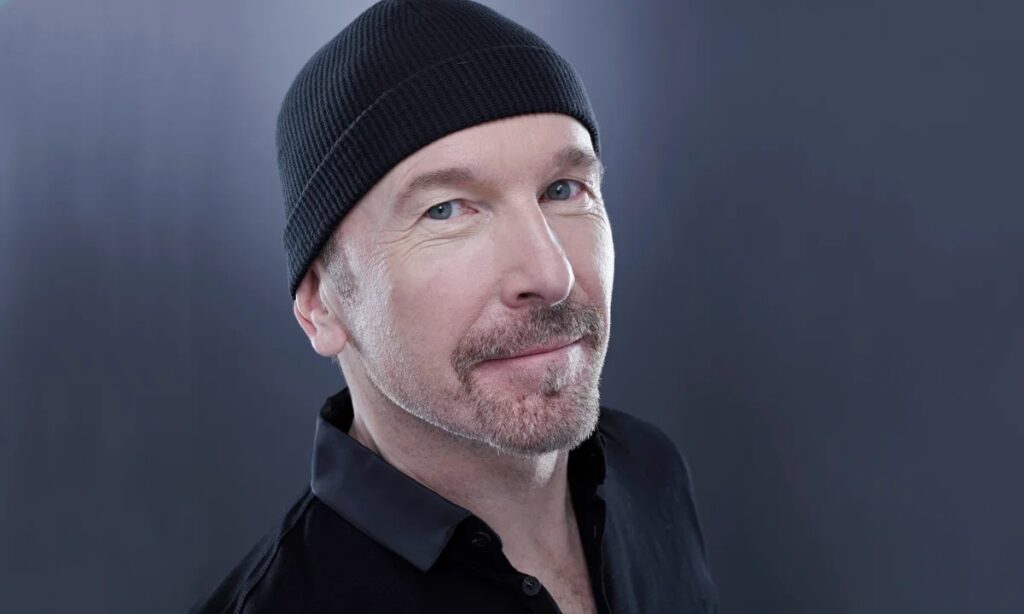
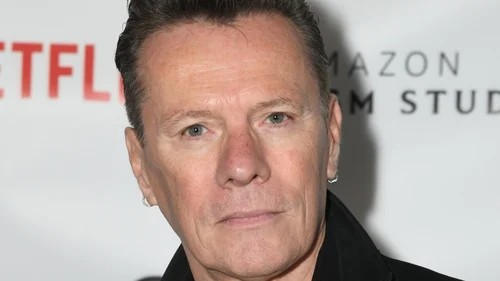
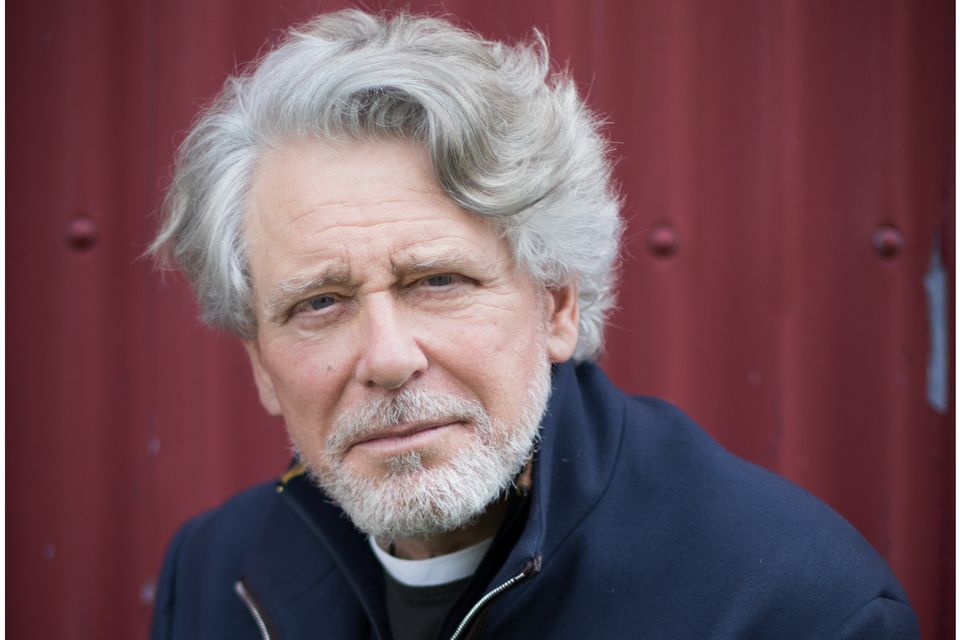

U2 and the Irish economy
Though often seen as citizens of the world, U2 has remained deeply entwined with Ireland—particularly Dublin. Their economic impact on the city and the country has been substantial, though not without controversy.
In the 2000s, U2 moved part of their publishing business to the Netherlands to benefit from a more favourable tax regime—a decision that drew sharp criticism in Ireland, especially given Bono’s vocal advocacy for development aid and wealth redistribution. The band defended the move as a standard business decision, highlighting the complexity of operating in the global entertainment economy. Nevertheless, the tension between their moral messaging and financial choices sparked debate.
Yet it is impossible to ignore what U2 has done for Dublin’s global standing. The band’s association with the city has attracted cultural tourism, creative investment, and international prestige. They funded the Clarence Hotel redevelopment and supported numerous Irish arts initiatives. In 2023, they helped launch the Sphere residency in Las Vegas, showcasing cutting-edge performance technology rooted in Irish engineering and production expertise.
Moreover, U2’s success gave confidence to a generation of Irish musicians and creatives. Bands like The Cranberries, Hozier, and Fontaines D.C. owe a debt not just to U2’s sound, but to the infrastructure they helped build. Dublin is now recognised as a music capital, and that reputation draws talent, capital, and innovation.
Cultural identity and legacy
Beyond economics, U2’s influence on Irish identity is profound. At a time when Ireland was shaking off its colonial past and Catholic strictures, U2 offered an image of Irishness that was global, modern, and ethical. Their embrace of both spirituality and secularism, nationalism and cosmopolitanism, mirrors Ireland’s own transformation.
Bono, in particular, has come to symbolise this duality. He speaks in biblical cadences but lives among billionaires. He praises Irish resilience but resides partly in the South of France. He’s a poet and a capitalist, a human rights campaigner and a tax strategist. For many, this makes him a contradiction; for others, a uniquely Irish figure, able to hold opposites in balance.
U2’s lyrics—dense with spiritual references, political observations, and personal confessions—map the terrain of Irish thought across decades. Whether invoking the streets of Dublin, the agony of war, or the ecstasy of love, they have given voice to a nation emerging from the shadows into the spotlight.
The long view: what remains
In 2022, U2 announced they were working on new material, their eyes still fixed on the future. Bono released his memoir Surrender, reflecting on a life that has defied most expectations. The Edge hinted at more sonic experimentation to come, even as the band acknowledged their advancing age and evolving audience.
Yet even if U2 were to retire tomorrow, their legacy would be secure. They have sold over 170 million records, won 22 Grammy Awards, and influenced everything from tour design to sound production. More importantly, they’ve shown that a band can matter—that it can grow without losing its soul, and change without forgetting its roots.
Ireland, too, is different because of U2. The country’s global cultural footprint has grown exponentially over the past four decades, in part because of the doors the band opened. U2 taught Irish artists that they could speak to the world in their own voice—and that sometimes, the world might just listen.
From a Northside garage to the Oval Office, from the shadow of the Troubles to the heart of the EU, U2’s journey is the story of Ireland’s coming of age. It is a tale of music, faith, conflict, and change. And though their sound may continue to evolve, the resonance of their message—of hope, defiance, and belief—remains as powerful today as it was when four Dublin teenagers first plugged in and played.
newshub finance


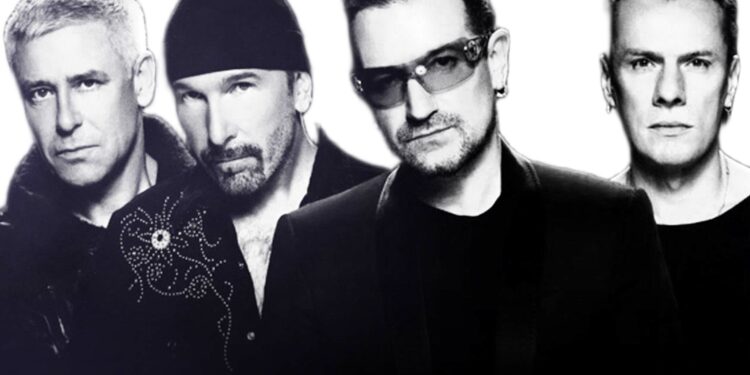

Recent Comments